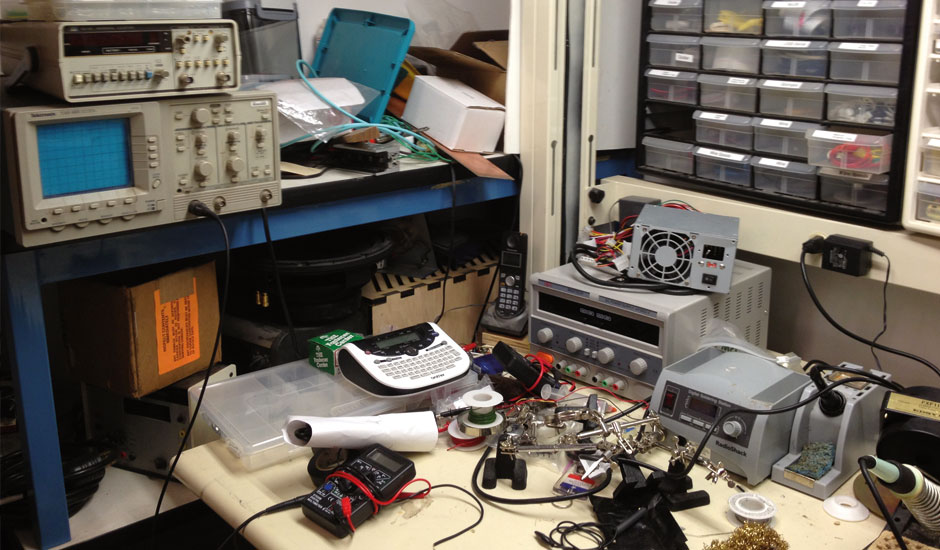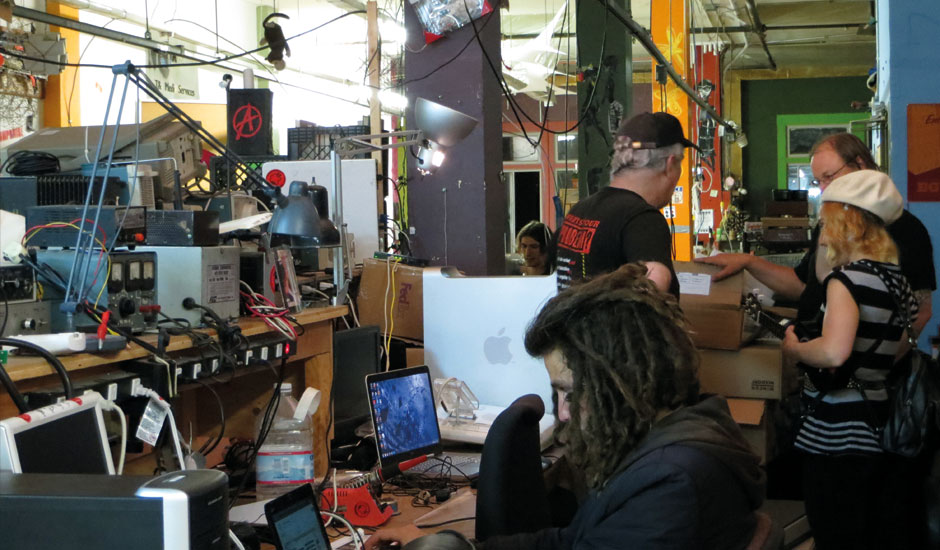Camille Bosqué is a Ph.D in Aesthetics and Design. She studied product design at Ecole Normale Supérieure de Cachan and Ecole Boulle in Paris (France) and graduated in 2016 from Université Rennes 2. She is now an associate professor at Université Paris 1 Panthéon-Sorbonne, a graphic design teacher and a freelance consultant. Her research topics are personal digital fabrication, 3D printing, the maker movement, open design and open innovation. Her thesis is based on a large ethnographic survey conducted between 2012 and 2015, in France and abroad. In her dissertation, she examinates the way practices, discourses and ambitions of personal digital fabrication are built in the margins of the classical fields of industry and design, blurring their historical frames. In her research, Camille Bosqué also studies the promises and contradictions that surround the democratization of innovation and production. 3D printing is often taken as an emblematic case study to consider the ambivalences behind the emancipation expected by representatives of the maker movement. She states that FabLabs and makerspaces are fields of social experimentation, beyond mere production. She also studies the hypothesis of a « diffuse » design that could be open, participative, out of the standards of industrial mass production, in the wake of open source. This type of production ends up shaping a new, though hazy, field for design and design studies. Among numerous publications, she is the author of the French book FabLabs, etc. Les nouveaux lieux de fabrication numérique (2015, Eyrolles) and the online web-documentary on the maker movement (available with English subtitles), Fais-le toi-même (2016, Arte Creative). She recently contributed to the English book FabLab, Revolution Field Manual (2017, Niggli-Verlag).
.jpg)

